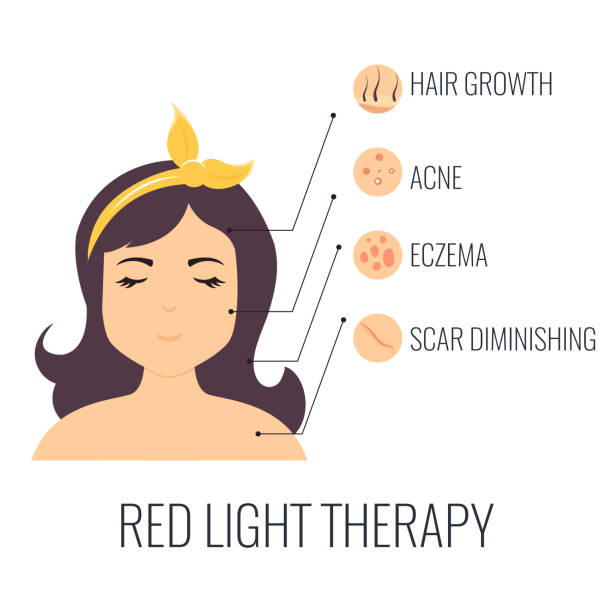The most intense form of acne, cystic acne, displays painful lesions with pus deep beneath the skin’s surface. Managing and preventing this type of acne is challenging, but there are ways to do so. Our Skin Health Experts hand-picked the top five methods for treating cystic acne. These include changing your skin care product to include acne-fighting ingredients such as salicylic acid and benzoyl.
What causes cystic acne
Cystic acne can cause more severe and painful breakouts than any other type of acne. Cystic acne can be caused by various factors, just like different types.
Overproduction of oil by overactive glands
Dead skin trapped in pores
Bacteria that cause acne on the skin
The hormonal imbalances that can cause cystic acne, in particular, are often linked to changes in the body’s hormone levels. This can lead to outbreaks during puberty or menstrual cycles.
The American Academy of Dermatology reports nearly 40 million Americans suffer from acne cysts. They are searching for effective ways to treat these acnes. The treatment for cystic acne differs from the traditional methods of treating black and whiteheads. Identifying the cause of cystic acne before beginning any treatment is essential. You can reduce the likelihood of future acne breakouts by identifying the cause of cystic acne. Once the cause of cystic acne has been identified, many treatment options are available.
Use a cleaner containing Benzoyl Peroxide
If you have ever used acne treatment products before, you likely already used benzoyl. Benzoyl Peroxide is available as an over-the-counter product and in prescription strength. Use a benzoyl-peroxide cleanser twice daily to help reduce breakouts. Our Acne Clearing lotion contains 5% benzoyl and is designed to clear acne-prone, extra-pesky skin.
Use Salicylic Acid to Treat Spots
Salicylic acid works wonders to reduce the appearance of whiteheads and blackheads. It’s an effective treatment for cystic acne because it can remove dead skin cells and clean pores. Use a salicylic-based spot treatment on any area where you have breakouts. The EradiKate Acne Treatment is a powerful spot treatment for cystic acne. It contains salicylic and sulfur acid.
Use a moisturizer with non-comedogenic ingredients
Keeping your skin hydrated is essential, especially when you have cystic acne. Facial Moisturizers with labels such as oil-free and non-comedogenic are a sign that they contain ingredients that won’t clog pores. Consider choosing a moisturizer with both ceramides (which help hydrate and soothe acne-prone skin) and hyaluronic acids, which can reduce inflammation and relieve acne.
Consider using a Hydrocortisone cream
Hydrocortisone is an OTC cream that can help reduce the pain and inflammation associated with inflamed acne cysts. Apply a thin layer of cream on any cystic acne spots to soothe and reduce the appearance of blemishes. Use this cream sparingly. Overuse can cause your skin to thin and become more prone to redness or scarring.
Follow the instructions of your dermatologist when taking oral medication
Oral medications can be prescribed to manage severe cystic acne. You may need to consult a dermatologist if you have tried all the conventional methods of treating cystic acne. A dermatologist will be able to determine the best medication for your skin and unique concerns. This could be antibiotics, hormonal medicines, or isotretinoin. You must follow your dermatologist’s instructions if you and your doctor decide oral medication will be the best treatment for your condition. Certain medications may require you to monitor specific vitals closely. Be sure to check with your doctor before taking any new medicines.
There are some additional ways to prevent cystic acne
Do not touch your face. This can cause bacteria and oils to be transferred from your hands onto your face.
Avoid using harsh facial exfoliants or peels. Cleanse twice daily with a mild cleanser.
Make it a habit to remove your makeup before going to bed. Leaving makeup on for a few hours can cause your pores to clog and worsen breakouts.
Can Cystic Acne go away on its own
What is the short answer? Maybe. It is a persistent and stubborn skin condition. Treatments may include benzoyl-peroxide or oral medication prescribed by your doctor. Some cystic acne can be resolved by itself, but if it is severe, you must take action.
If not appropriately treated, cystic acne can cause scarring, inflammation, and possibly more painful cystic spots. Cystic acne can be challenging, but you can prevent and treat these pesky breakouts with the right resources and treatment.

